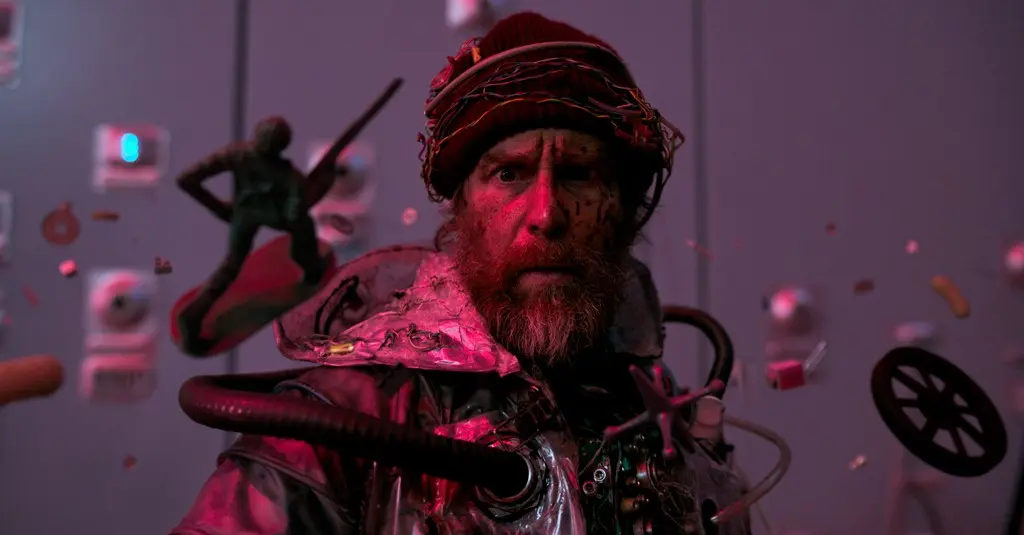Perhaps the first reality TV star, French oceanographer Jacques Cousteau introduced multiple generations to the wonders of the deep. As ripe and deserving a candidate as any for the subject of a documentary, this production—a joint venture between Disney and National Geographic—reveals the details of Cousteau’s lesser-known private life and his extensive work as a filmmaker and producer.

Jacques Cousteau brought the depths of the sea into our living rooms. The Cousteau Society/National Geographic Documentary Films
|Updated:





